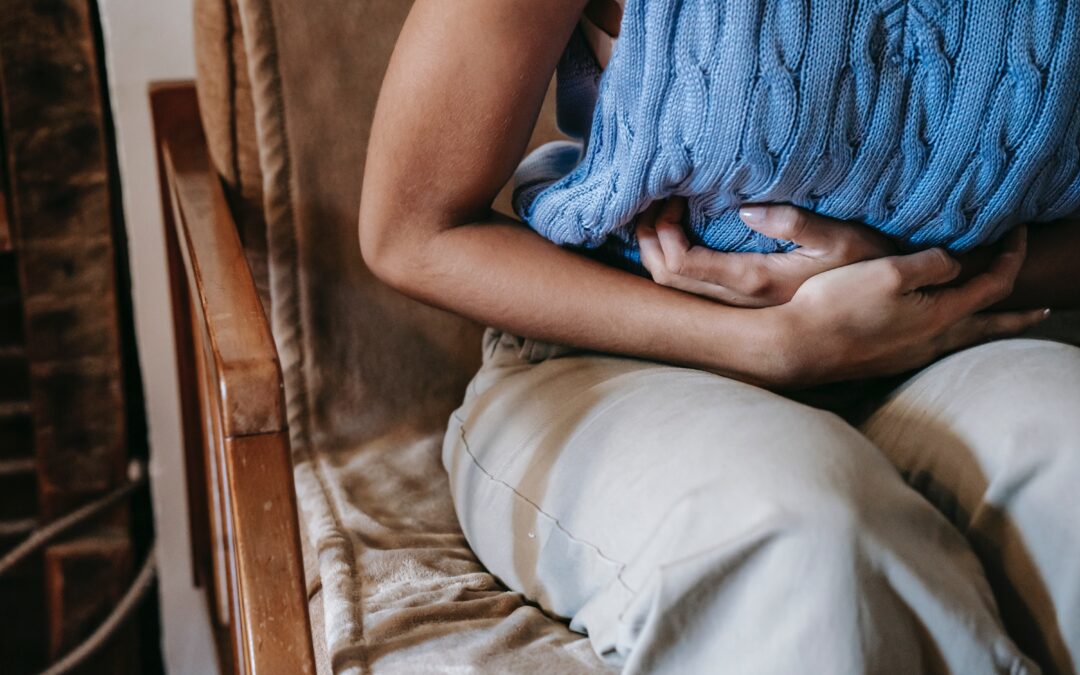Food poisoning is a serious issue that can have severe consequences for your health and well-being. When food poisoning occurs due to the negligence of another party, you may be entitled to seek compensation for your injuries. In this post, we will explore the causes of food poisoning, symptoms and treatment options, and how to establish liability and seek compensation.
What is Food Poisoning?
Food poisoning occurs when you consume contaminated or spoiled food, leading to a range of symptoms including nausea, vomiting, diarrhea, and stomach cramps. Common types of food poisoning include Salmonella, E. coli, and Listeria. These types of food poisoning can be particularly severe and may lead to long-term health consequences if left untreated.
Causes of Food Poisoning
Food poisoning can occur due to various factors, including poor food safety practices, inadequate cooking or refrigeration, and cross-contamination from other foods or surfaces. For example, restaurants and food establishments may fail to properly store or handle food, leading to contamination. Similarly, grocery stores may sell expired or spoiled products, putting consumers at risk.
Symptoms and Treatment Options
Symptoms of food poisoning can range from mild to severe and may include nausea and vomiting, diarrhea and stomach cramps, fever and chills, and headache and fatigue. Treatment options for food poisoning typically involve rest, hydration, and medication to manage symptoms. In severe cases, hospitalization may be required to treat dehydration, electrolyte imbalances, and other complications.
Establishing Liability and Seeking Compensation
If you have suffered food poisoning due to the negligence of another party, you may be entitled to seek compensation for your injuries. To establish liability, you must prove that the defendant owed a duty of care, breached that duty, and caused your injuries. This may involve gathering evidence of poor food safety practices, obtaining witness statements, and consulting with experts in food safety.
Key Factors in Proving Negligence
- Breach of duty: The defendant failed to meet the expected standard of care in handling, preparing, or storing food.
In addition to breach of duty, you must also prove that the defendant’s actions caused your injuries. This may involve showing that the contaminated food was the direct cause of your symptoms and treatment.
By understanding your rights and seeking the guidance of a qualified attorney, you can ensure that you receive the compensation you deserve for your food poisoning injuries.
If you’re looking for an experienced Chicago personal injury lawyer to help navigate your personal injury, we will fight assiduously for your right to the compensation you deserve. Call Bizzieri Law Offices at 773.881.9000. The case evaluation is free, and we never charge a fee unless we recover damages for you.

